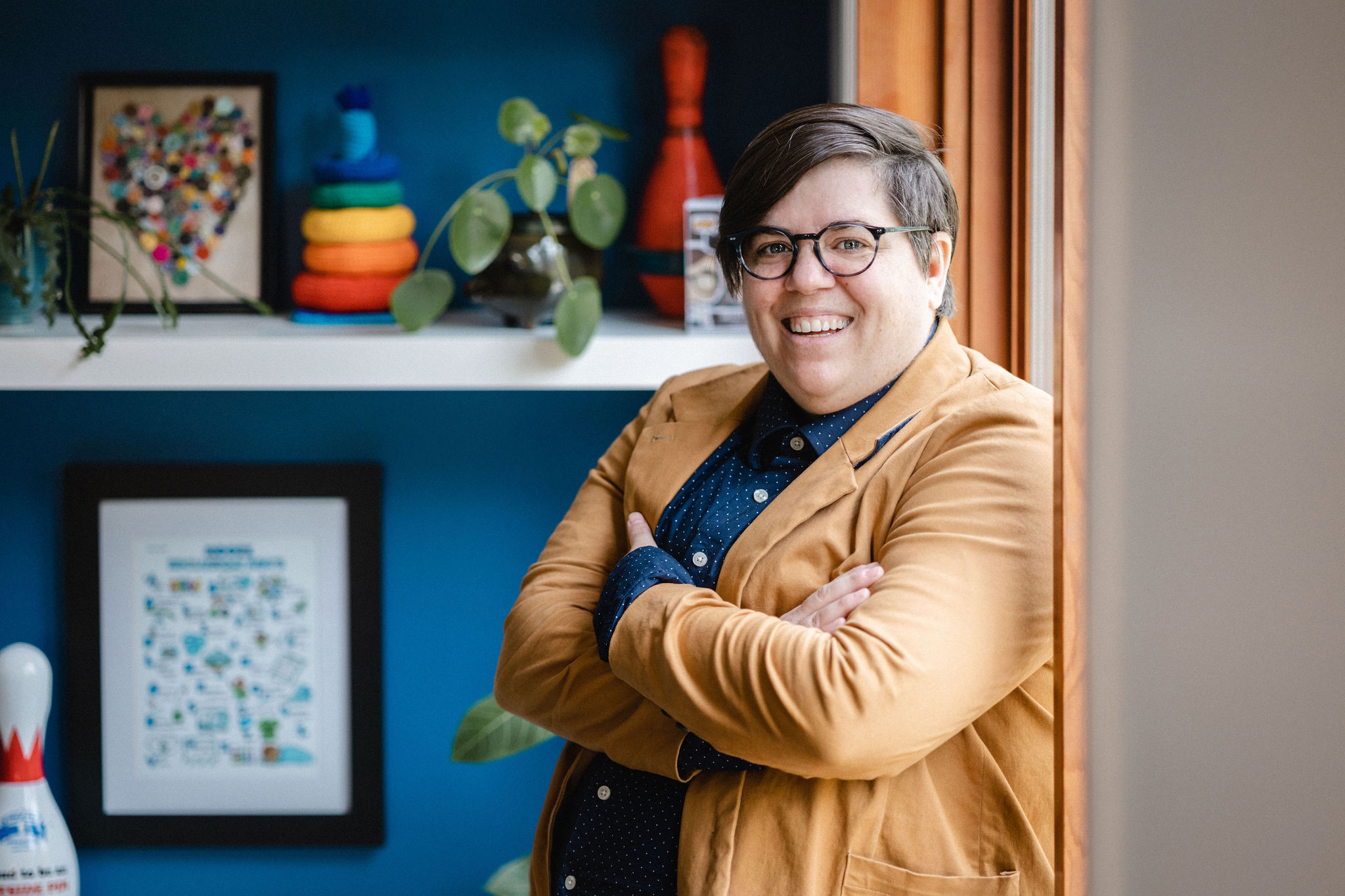
Supporting Inclusionary Practices
AWSP is proud to be one of many organizations involved with the IPPDP cadre as an external partner navigating the implementation of better inclusionary practices for Washington state educators; our focus being, of course, YOU, the building lead learners. Since November 2019, AWSP has embarked on a “fact-finding” crusade to measure the understanding of what inclusion and inclusionary practices are from our members’ perspective and evaluate what the immediate needs are in order to embed targeted inclusionary practices within all of our professional learning opportunities.
Trainings and Resources from Dr. Shelley Moore
Dr. Shelley Moore is a world-renowned educator, YouTube video sensation, TED talker, and our neighbor to the north. Based in Vancouver, B.C., Shelley Moore is a highly sought-after teacher, researcher, consultant, and storyteller. She has worked with school districts and community organizations throughout both Canada and the United States.
The Infrastructure of Inclusion
AWSP is excited to partner with Dr. Shelley Moore on "The Infrastructure of Inclusion." Advanced districts with previous training from Dr. Shelley Moore will be invited to set up collaborative coaching sessions to coordinate with the series
5 Moore Minutes + AWSP: Podcasts
We are proud to present Shelley Moore's special edition of 5 Moore Minutes videos and podcast in partnership with AWSP. Watch her videos on the role of place, the importance of presuming competence, and more.
Past Projects and Resources
Access materials from:
Professional Learning From Internationally Renowned Inclusion Experts
We were able to bring you many incredible speakers and educators for free through our Inclusionary Practices grant through OSPI. Increase your inclusionary practices praxis with presenters Shelley Moore, Dr. Lauren Katzman, Dan Habib, Samuel Habib, LeDerick Horne, Keith Jones, and Dr. Alfredo Artiles. All of our inclusionary practices professional learning workshops, podcasts and resources are available on our LMS.
Key Terms Related to Inclusionary Practices
As part of the Inclusionary Practices Project, many partners across the state are working collaboratively to align inclusionary practices. This includes the creation of agreed upon definitions of key terms related to inclusionary practices.
